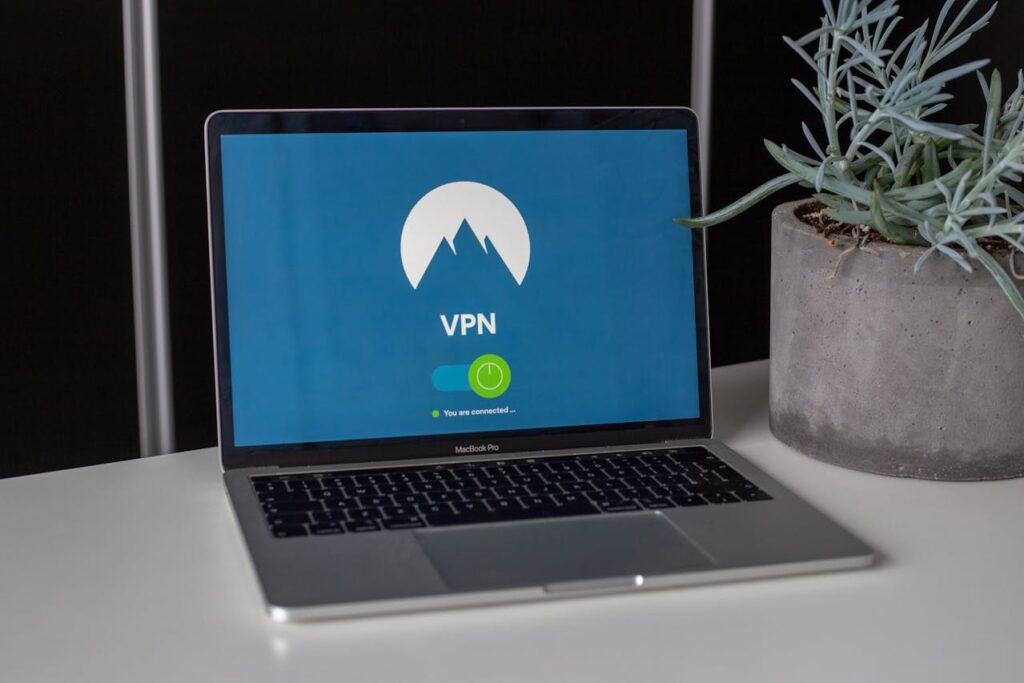Quick search
CTRL+K
Quick search
CTRL+K


Since 2010, the Global Law Experts annual awards have been celebrating excellence, innovation and performance across the legal communities from around the world.
posted 2 months ago
The Court of Justice of the European Union-CGUE on April 30, 2024, in Case C‑470/21, ruled that a national public authority responsible for combating online counterfeiting may access identification data on the basis of an IP address.
The case.
The issue discussed by the Court was whether the access by a public authority responsible for the protection of copyright and related rights against infringements of those rights committed on the internet (Authority for the Regulation of Audiovisual and Digital Communications-ARCOM) to data relating to the civil identity associated with an IP address retained by providers of electronic communications services, previously collected by right holder organizations, for the purpose of combating counterfeiting offences committed online and taking measures against them, without that access being subject to the requirement of a prior review by a court or an independent administrative body, can be justified under the Directive on privacy and electronic communications. The case, in particular, concerned downstream on peer-to-peer networks.
The appeal to the Court of Justice.
The French Council of State asks the Court of Justice whether the data processing operations are compatible with EU law. The request has been made in proceedings between the French associations for the protection of rights and freedoms on the internet brought an action before the French Council of State, seeking annulment of Decree on the automated personal data processing system authorised by the Intellectual Property Code, known as the System for the management of measures for the protection of works on the internet: the applicants claimed that the Intellectual Property Code is contrary to the right to respect for private life enshrined in the French Constitution and infringes EU law, in particular Directive on privacy and electronic communications and the Constitution. The applicants in the main proceedings submitted, in particular, that the System for the management of measures for the protection of works on the internet permit access to connection data in a disproportionate manner for non-serious copyright offences committed on the internet, without prior review by a judge or an authority offering guarantees of independence and impartiality.
The Court’s decision.
The Court holds that the general and indiscriminate retention of IP addresses does not necessarily constitute a serious interference with fundamental rights and may, where appropriate, take measures against them, provided that, under that legislation, among which:
The effectiveness of the Court of Justice decisions.
A reference for a preliminary ruling allows the courts and tribunals of the Member States, in disputes which have been brought before them, to refer questions to the Court of Justice about the interpretation of EU law or the validity of an EU act. The Court of Justice does not decide the dispute itself. It is for the national court or tribunal to dispose of the case in accordance with the Court’s decision, which is similarly binding on other national courts or tribunals before which a similar issue is raised; therefore, the scope of this decision could play significant effects on a variety of cases involving conduct of online misuse of copyright and related rights, not only through peer-to-peer services, but also through other channels and platforms, such as Telegram or websites.
Author


There are no results matching your search.
Resetposted 1 hour ago
posted 13 hours ago
posted 13 hours ago
posted 3 days ago
posted 4 days ago
posted 4 days ago
posted 4 days ago
posted 4 days ago
posted 4 days ago
posted 7 days ago
There are no results matching your search.
ResetFind the right Legal Expert for your business
Sign up for the latest legal briefings and news within Global Law Experts’ community, as well as a whole host of features, editorial and conference updates direct to your email inbox.
Naturally you can unsubscribe at any time.
Global Law Experts is dedicated to providing exceptional legal services to clients around the world. With a vast network of highly skilled and experienced lawyers, we are committed to delivering innovative and tailored solutions to meet the diverse needs of our clients in various jurisdictions.